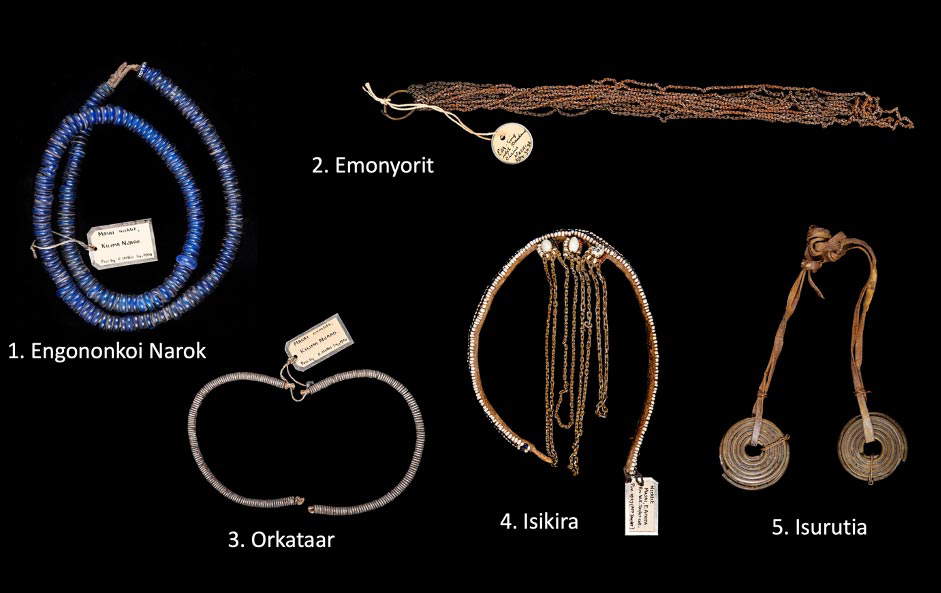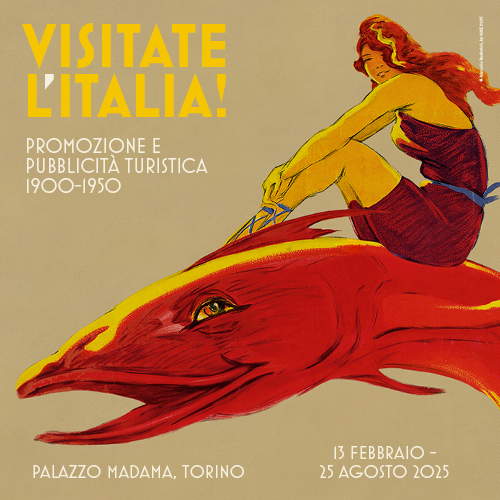British museum donates cows to Maasai community to compensate them for items taken in colonial era
Cows in exchange for art objects: the singular compensation is what the Pitt Rivers Museum in Oxford has offered to a Maasai community in Kenya as reparations for a group of objects that are stored in the British museum and were taken from the Maasai in the 1800s at the time of colonialism. It took a full six years for the Oxford museum to arrive at this gift: it was in fact 2017 when Maasai cultural leaders visited the museum to see the objects belonging to their community. In the following years, research was conducted on the artifacts and it was discovered that five objects had to be identified as “culturally sensitive family heirlooms.” According to Maasai culture, the absence of these objects from their family is believed to bring misfortune. Did the museum by any chance consider returning them? No: it wanted to exchange them for cows, purchased with funds provided by a foundation (the Staples Trust), and sent to Kenya in early July (upon arrival, the cows were the focus of a purification ceremony). The program also included a visit by museum director Laura van Broekhoven, curator Marina de Alarcon and researcher Thandi Wilson, who traveled to Kenya and Tanzania where they took part in traditional Maasai ceremonies and met with some families.
“The mission of the Pitt Rivers Museum,” said Van Broekhoven, “is to engage people around the world, increase understanding of the many ways of knowing about the humanities, and extend our reach through innovative partnerships like this one. We are deeply honored to have been invited to take part in traditional Maasai ceremonies in Kenya and Tanzania. We hope that this process of reparation, led by the Maasai over the past six years, will have a significant impact on Maasai families, who are the descendants of people whose objects were taken away during periods of war and colonial oppression.”
The five items in question (pictured below) are an Engononkoi Narok (a blue pearl necklace that is passed down from father to son and is a key part of Maasai initiation ceremonies, so much so that it should never be sold or given as a gift), an Emonyorit (an earring worn by young women who have undergone the ritual of Emuratare, female circumcision, which is illegal in Kenya today: Maasai communities must in fact choose alternative rites that do not involve genital mutilation for women), an Orkatar (a bracelet passed down from father to son; it too should never be sold or given as a gift), an Isikira (a female head ornament) and an Isrutia (an arm or neck ornament for women, representing marriage: it should not be lent, sold or given as a gift). They are part of the 188 Maasai objects held in the Pitt Rivers collections, themselves included in the collection of 95,327 African objects, 9,443 of them from Kenya and 2,794 from Tanzania. For each item, 49 cows were given to the Maasai, for a total of 245, corresponding to a value of about 42,000 euros.
The gift of the cows was considered a sufficient means of repairing relations between the museum and the Maasai, also in view of the fact that the presence of the objects at the British museum is considered by the African community to be a bad omen for the descendants of the families to which they belonged. In addition, as reported by the Kenyan news agency Kenya News, according to one of the leaders of the Maasai delegation, Samuel Ole Nangiri, there are doubts about how the objects arrived in England: in fact, it is suspected that they are the result of violent misappropriation.
However, according to some, the cows are not enough. The Telegraph gathered the opinion of a student, Yannick Ndoinyo, who was part of the Maasai delegation that visited Pitt Rivers: “The Maasai,” he said, “lost so much land in the hands of the British colonizers, more than the objects, and they cannot be paid with cows. In my opinion, the British administration could help the Maasai recover their lost land or receive adequate compensation, and they could follow up with further issues such as a scholarship.” Local leaders, including Patrick Ntutu, governor of Narok County in Kenya, have asked Oxford University to establish a campus in the area.
The five objects in question, moreover, are considered to be of relative cultural importance by the museum, such that they have never been studied or even exhibited. At the moment, the museum points out, however, no official requests for their return have been made: the institution, a note says, will take steps to follow established practices should they be received. For now, the cows remain in Kenya.
 |
| British museum donates cows to Maasai community to compensate them for items taken in colonial era |
Warning: the translation into English of the original Italian article was created using automatic tools. We undertake to review all articles, but we do not guarantee the total absence of inaccuracies in the translation due to the program. You can find the original by clicking on the ITA button. If you find any mistake,please contact us.





























